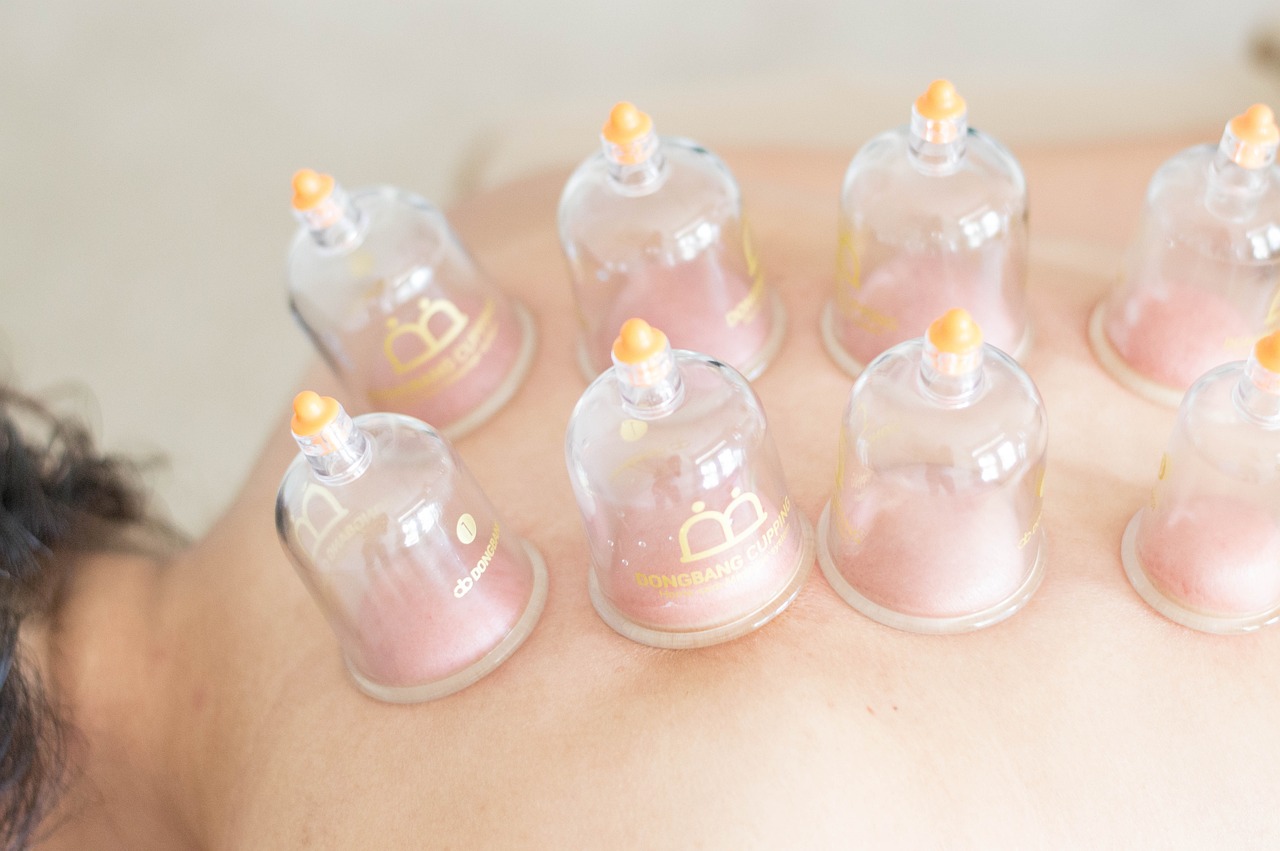Sanders Integrated Massage Continuing Education
Elevate Your Practice with Advanced Clinical Massage Techniques
Our training program integrates advanced Eastern and Western clinical massage techniques, offering practical applications that are easy to incorporate into your practice. Learn techniques that are proven to enhance range of motion, boost athletic performance, reduce pain, and improve muscle firing order and efficiency with measurable results.
Key Techniques Covered:
- Proprioceptive Neuromuscular Facilitation (PNF): Enhance flexibility and strength through targeted neuromuscular stimulation.
- Instrument Assisted Soft Tissue Mobilization (IASTM): Use specialized tools to break down scar tissue and improve mobility.
- Myofascial Release: Alleviate restrictions in the fascial system to restore movement and reduce pain.
- Graded Exposure: Gradually increase exposure to stimuli to improve tolerance and function.
- Trigger Point Release: Address localized muscle knots to relieve pain and restore function.
- Cupping: Myfascial decompression, manual lymphatic drainage, trigger point deactivation, increase ROM
If you’re interested in hosting a class at your location, please contact us to discuss arrangements.To Register select class and payment option at the bottom of the page or contact us.

Clinical Myofascial Decompression and MLD with Cupping-
Next Class- Washington State October 21, 2024 at Bellevue Pilates - To register click the register button at the bottom of the page or contact us. If you can only make a partial payment right now there is a reserve spot option at the bottom of the drop down list. The remainder of tuition will be due 2 weeks before class. 8 student minimum, 20 maximum.
Explore dynamic and static cupping techniques combined with passive and active range of motion exercises to boost pain-free movement, joint function, tissue plasticity, and optimal fluid and energy flow. This class integrates both polycarbonate and silicone cups to address full-body concerns, with a special focus on alleviating shoulder, hip, and back pain and dysfunction. Practical ways to incorporate cupping into your current practice for comprehensive care.
Join us to refine your skills and offer your clients improved relief and enhanced movement capabilities.
.jpg)
Free The Shoulder-Advanced Shoulder Therapy Techniques for Pain Relief and Enhanced Mobility
Enhance your skills with advanced techniques specifically designed to address shoulder pain and dysfunction. This class focuses on restoring freedom of movement in the shoulder girdle. Learn to reduce noxious stimuli, alleviate muscle inhibitions, and work with the Golgi tendon organ to reset ineffective soft tissue patterns.
Class Highlights:
Shoulder Mobility Restoration: Techniques to improve movement in the shoulder girdle and adjacent areas.
Reduction of Noxious Stimuli: Methods to decrease pain and muscle inhibitions.
Golgi Tendon Organ Integration: Strategies to reset ineffective soft tissue patterns for better function.
Position-Specific Techniques: Efficient approaches for treating shoulder structures in prone, supine, and side-lying positions.
Soft Tissue Instrumentation: Use of tools to release fascia and trigger points, minimizing strain on your body while maximizing effectiveness.
Conditions Addressed:
Shoulder pain and dysfunction
Rotator cuff injuries
Thoracic outlet syndrome
Adhesive capsulitis (frozen shoulder)
Shoulder impingement
Disruption of scapulothoracic rhythm
This class will equip you with advanced techniques and tools to effectively address pain in the shoulders, upper back, and neck, enhancing your therapeutic practice and improving client outcomes.

Ethics and DEI- Enhancing Professional Boundaries and Ethical Practices and Comprehensive DEI Training for Cultural Competence in Massage Therapy
Deepen your awareness and framework of both your client's and your own boundaries, leading to improved therapeutic relationships and a stronger ethical foundation. This training will help you identify potential ethical issues and how to navigate them to foster a respectful, professional environment. In addition our DEI training is designed to advance your understanding of cultural sensitivity to cultural competence, providing you with essential skills to enhance your practice. This program includes implicit bias training to help you identify and implement strategies to reduce bias during patient assessment and treatment, grounded in current empirical research and best practices.
Training Highlights:
Understanding Boundaries: Explore the importance of recognizing and respecting both your own and your client's boundaries to strengthen the therapeutic relationship.
Principles of Healthcare: Examine foundational principles that shape your practice and align with ethical standards.
Code of Ethics and Conduct: Discuss the real-world application of the massage therapy profession’s code of ethics and conduct, ensuring adherence to best practices.
Effective Communication: Practice techniques for clear and respectful patient communication, optimizing the therapeutic relationship while maintaining professional roles and boundaries.
Washington State Laws and Rules: Review relevant Washington state massage laws and regulations to ensure compliance and informed practice.
Implicit Bias Training: Learn to recognize and mitigate bias to improve your clinical interactions and decision-making.
Health Equity Concepts: Integrate principles of health equity into your practice, ensuring fair and effective care for all patients.
Self-Reflection: Assess how your own position and perspectives may influence your relationships with patients and the broader community.
Structural Factors Exploration: Understand how factors such as bias, racism, and poverty contribute to health inequities.
Diverse Patient Care: Develop skills to effectively care for patients from varied backgrounds, including differences in race, ethnicity, gender identity, sexuality, religion, age, ability, socioeconomic status, and other aspects of identity.
This training will equip you with the knowledge and tools necessary to provide compassionate, equitable, and culturally competent care, ultimately improving patient outcomes and community relations.

